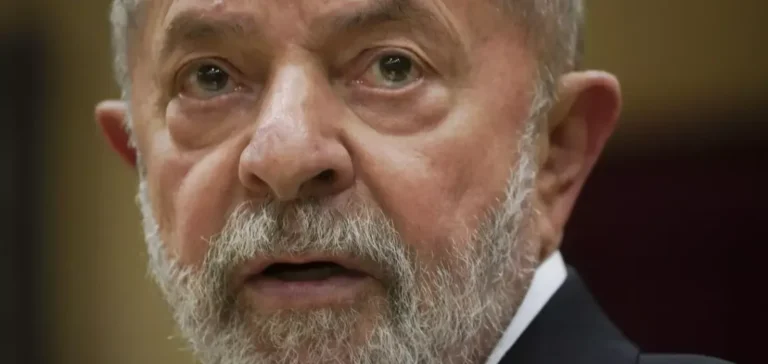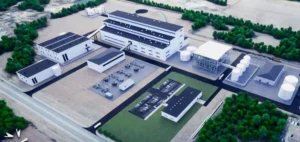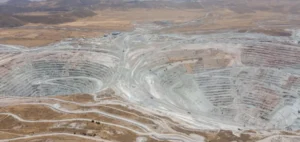Brazilian authorities are examining the ramifications of a network operating in fuel distribution, suspected of evading more than BRL26bn ($5.15bn) in taxes and reinjecting at least BRL1bn ($198mn) into local assets via companies registered in Delaware. Investigators believe these entities were used to conceal the real owners of the funds, complicating the traceability of financial flows into Brazil. The case, led by the Ministry of Finance, has become a central element of diplomatic exchanges with the United States.
Rising pressure on U.S. vehicle transparency
Brazil is requesting expanded access to data from the Financial Crimes Enforcement Network (FinCEN) to identify the ultimate beneficial owners linked to the structures named in the case. Authorities say the opacity of Delaware-registered entities continues to limit their ability to consolidate the chain of evidence. The recent easing of the Corporate Transparency Act (CTA) for domestic U.S. entities is compounding these concerns.
Brasília now links this investigation to the alleged financing of criminal activities attributed to the Primeiro Comando da Capital (PCC), an organisation designated by the Office of Foreign Assets Control (OFAC). Material evidence has been submitted to Washington to support the connection between undeclared financial flows and domestic illicit networks.
Mining stakes and broader bilateral talks
This case arises amid negotiations over U.S. access to Brazilian rare earths. The U.S. administration is intensifying its engagement with the mining sector, particularly in Minas Gerais, to secure alternative supply chains to Asian markets. Brazil is conditioning stronger financial cooperation on progress in trade and tariff talks.
Brazilian authorities believe that resolving the financial case could create a more stable environment for investment in strategic metals. Washington, for its part, may seek clear commitments on the continuity of mining projects in exchange for enhanced financial data sharing.
Market impacts and investor expectations
Ongoing asset freezes are already affecting several players in the fuel logistics chain across various Brazilian regions. Operational adjustments are under way, although the risk of supply disruption remains limited. International investors are anticipating stricter compliance requirements for cross-border structures, particularly U.S. vehicles used in energy and mining industries.
Mining sector players are closely monitoring these developments, as the outcome of the talks could reshape foreign capital access conditions and redefine strategic partnerships between the two countries.






















